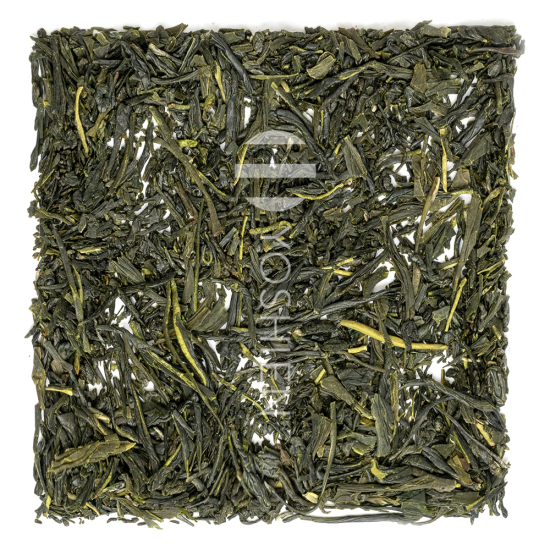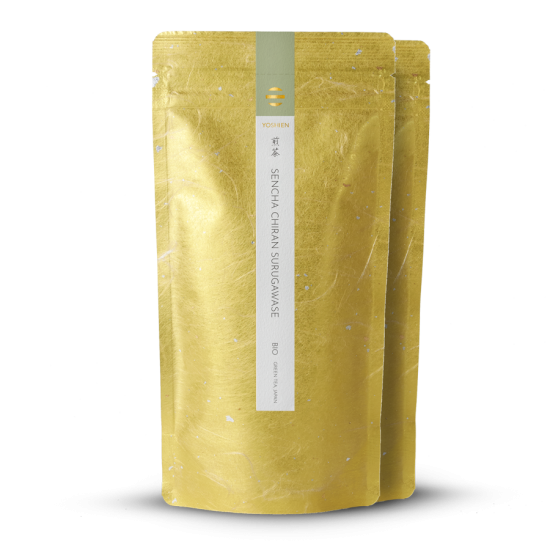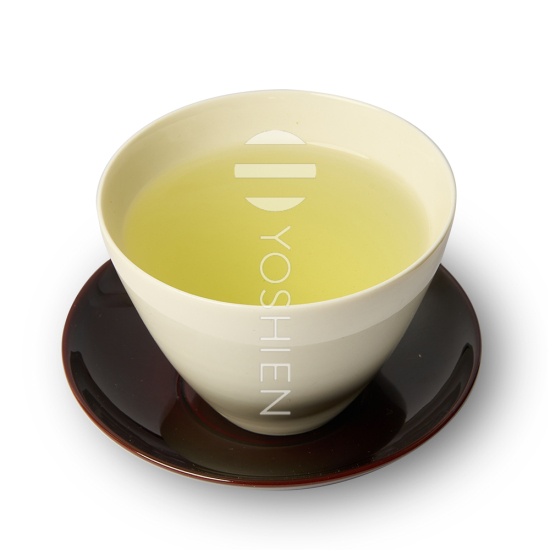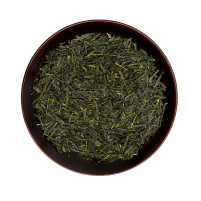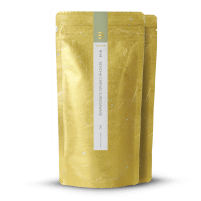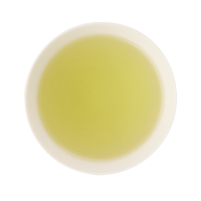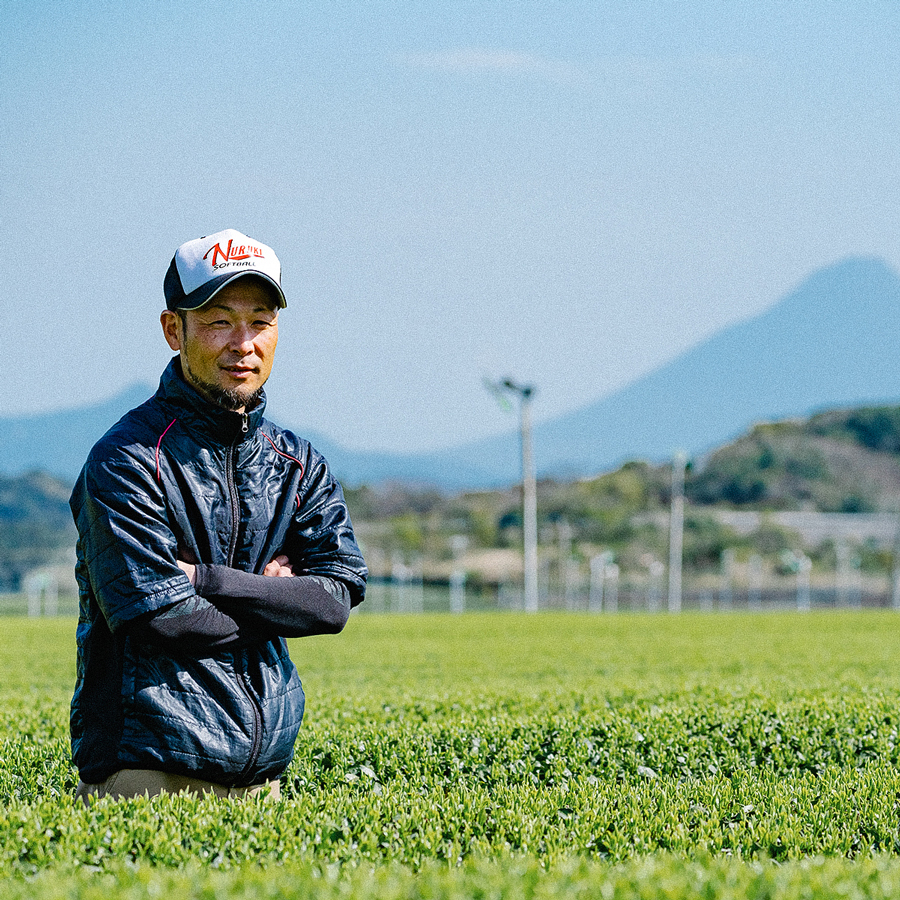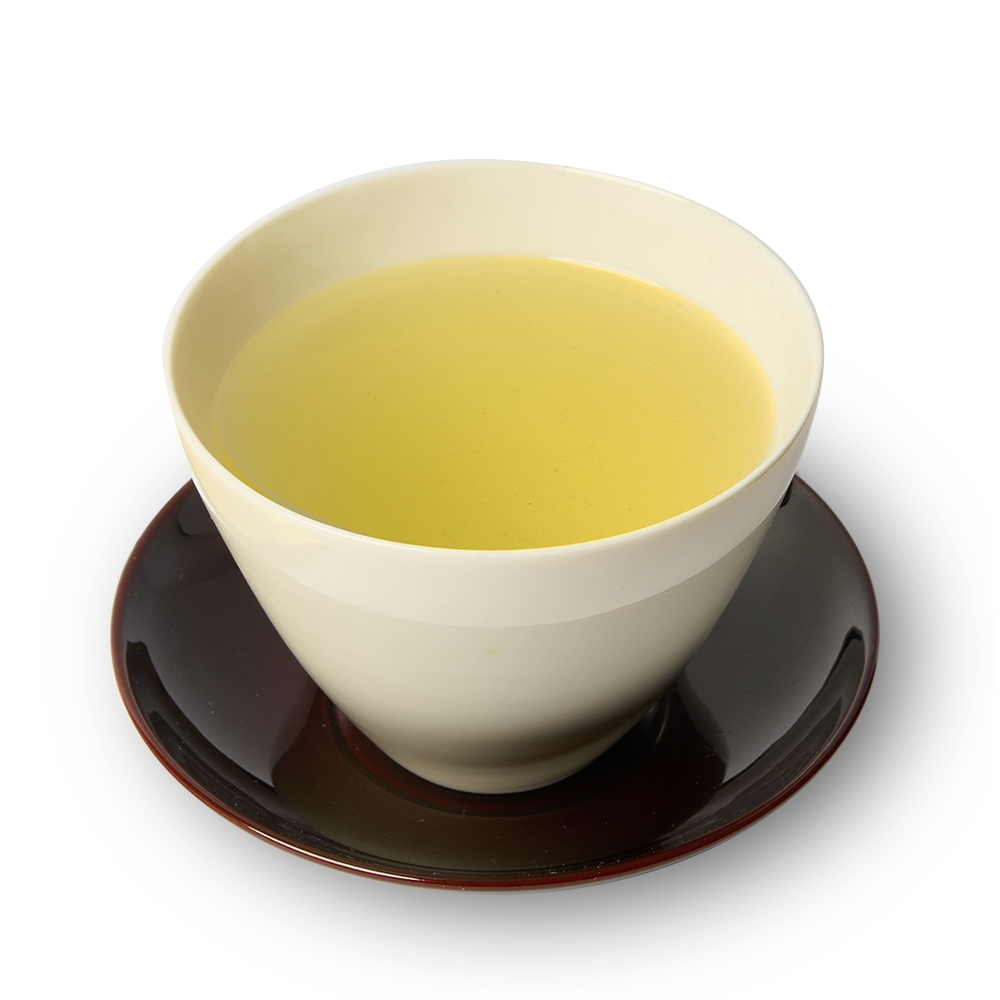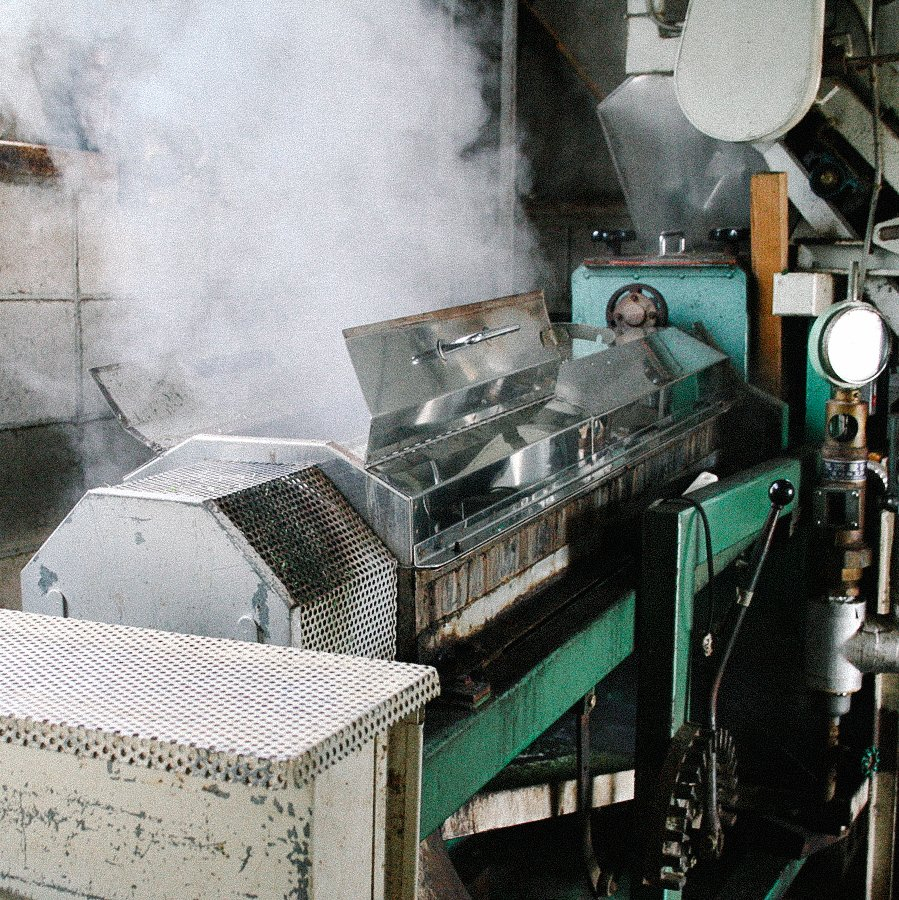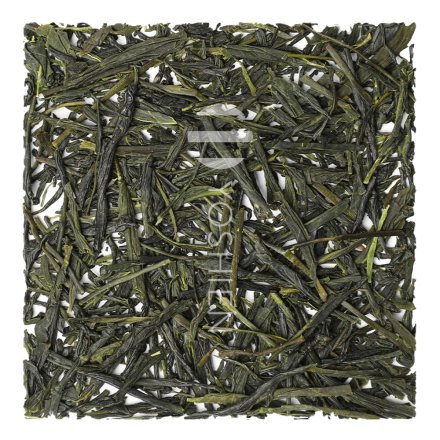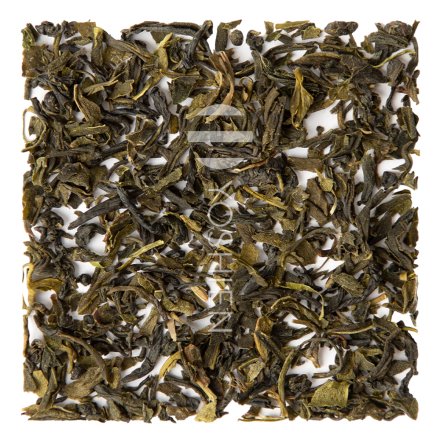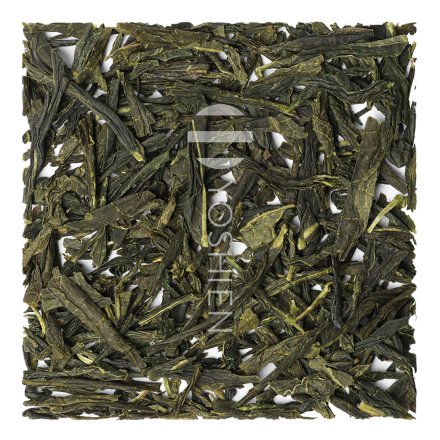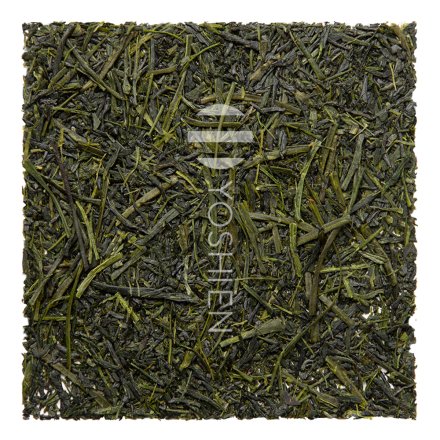The Miyazaki Prefecture is blessed with abundant natural beauty, featuring lush green mountains and a beautiful coastline. With the second-highest number of sunny days and an average annual temperature of approximately 17.4°C (making it the third warmest region in Japan) Miyazaki provides ideal conditions for productive, high-quality tea cultivation. Beyond its natural features, Miyazaki also holds deep cultural and mythological significance. According to Shintō beliefs, the most revered deity, the sun goddess Amaterasu, is said to have once hidden in the Amano Iwato cave. This event is still honoured today with festivals held in the Shintō shrines of Miyazaki.
Organic Certification

PL-EKO-01
Nicht-EU-Landwirtschaft





